When I do manual redirect, I'm getting an error from IdentityServer
invalid_request, code challenge required
However when I use oidc-client-js library for the same authorization request, I do not get that error. Library somehow sets code challenge under the hood.
Here is me JS code.
Set up:
const config = {
authority: "https://demo.identityserver.io",
client_id: "interactive.confidential",
redirect_uri: "http://localhost:3000/callback",
response_type: "code",
scope:"openid profile email api offline_access",
post_logout_redirect_uri : "http://localhost:3000/post_logout",
};
const url = `https://demo.identityserver.io/connect/authorize?
client_id=${config.client_id}&
redirect_uri=${config.redirect_uri}&
response_type=${config.response_type}&
scope=${config.scope}`;
My manual authorization redirect request that throws:
const onFormSubmit = async (ev: React.FormEvent) => {
ev.preventDefault();
window.location.replace(url); // I simply do replace
}
Code with the library that doesn't throw:
import Oidc from 'oidc-client';
const onFormSubmit = async (ev: React.FormEvent) => {
ev.preventDefault();
const mgr = new Oidc.UserManager(config);
mgr.signinRedirect(); // login redirect here, no errors
}
I want to understand what code challengem is. And how it gets generated. Give me a hint what to read about it.
I ca go on with the library, but I'd prefer not to import third-party libs into my app where possible.

